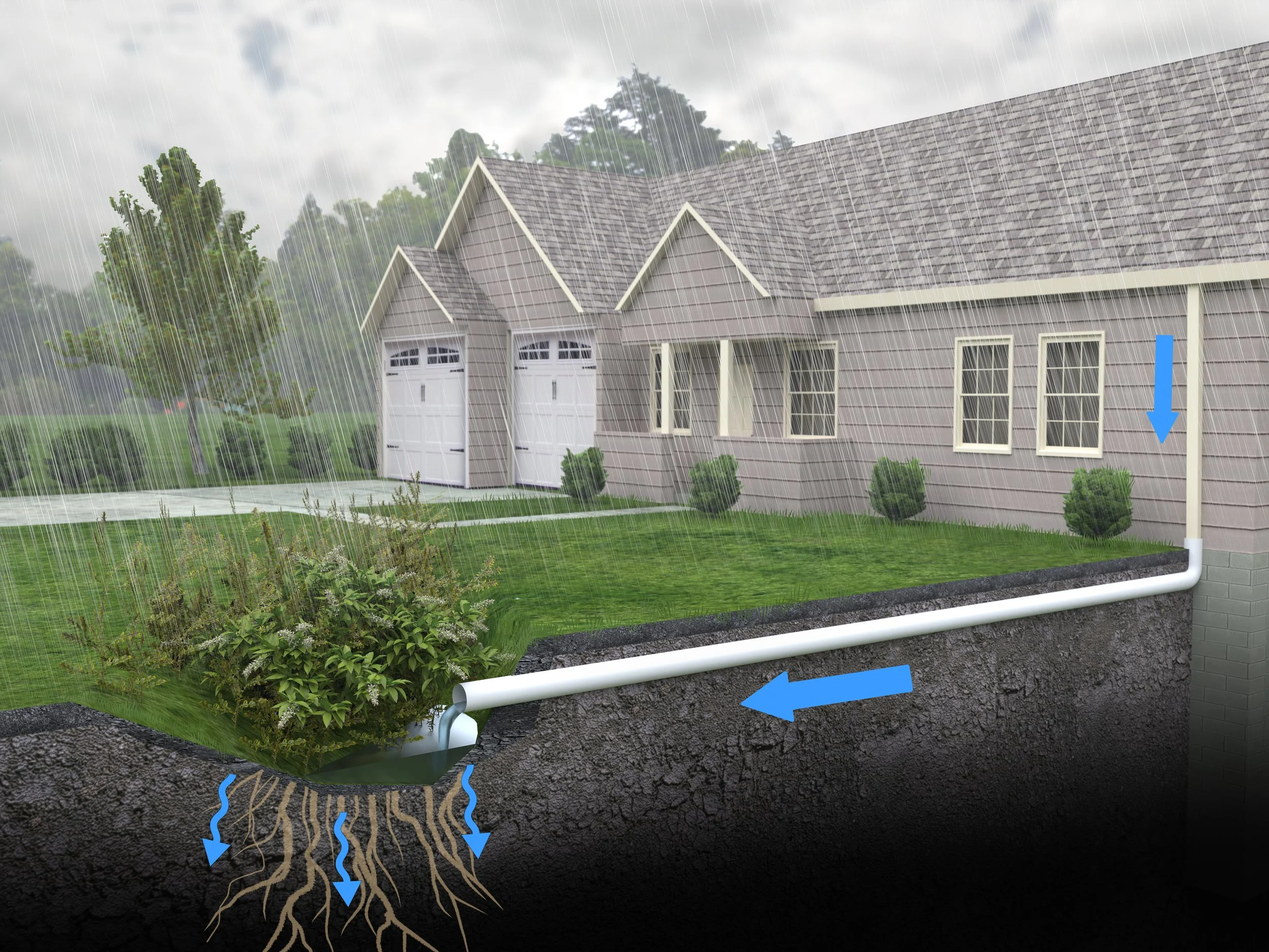How Seasonal Changes Affect Drain Performance
RH Business Marketing Solutions
Every homeowner knows the importance of maintaining a well-functioning drainage system. It’s vital for convenience and the health of the entire property. A commonly overlooked factor in drainage performance is the impact of seasonal changes. As the year progresses, varying weather patterns can create distinct challenges for drains, affecting their efficiency and potentially leading to blockages or other issues.
This article delves into how seasonal changes affect drain performance.
1. Spring Rains And Growing Vegetation
As winter transitions to spring, the increase in rainfall can present immediate concerns. Spring often brings heavy showers, and if the ground is still partially frozen, this water can struggle to be absorbed, leading to runoff and potential flooding. For example, neighborhoods in the Midwest may experience rapid snowmelt combined with spring showers, causing overwhelming storm drains and localized flooding. This excess water can strain drainage systems, especially if they’re not equipped to handle such volume.
In addition to rainfall, it’s also during the spring season that vegetation begins to grow rapidly. Tree roots can be drawn to the moisture surrounding pipes. These roots can infiltrate drainpipes, causing cracks or blockages. When this happens, homeowners might need to fix blocked drain due to root intrusion with the help of professionals.
2. Summer Heat And Dry Spells
The heat of summer brings its own set of challenges. Extended dry spells can cause the ground to harden, leading to surface runoff when it finally rains. For example, residents in areas with sweltering summers can attest to the impact of extreme heat on drainage. The hardened ground can’t absorb water as quickly as soft or wet ground. Similarly, runoff can be problematic for properties that aren’t adequately graded or lack sufficient drainage.
In cities where water use is high, but rainfall is sparse, drains can become clogged with accumulated debris that rainwater doesn’t flush away regularly, leading to blockages when rain finally does arrive.
3. Autumn Leaves And Debris
Fall is notorious for its falling leaves and debris. While the sight of golden leaves blanketing the ground may be picturesque, they can be a significant nuisance for drainage systems. For instance, residents in towns renowned for their brilliant fall foliage often face the double-edged sword of enjoying beautiful autumn views but also contending with drains clogged by fallen leaves. Leaves, twigs, and other debris can quickly accumulate, especially in street drains and gutters, leading to blockages.
For homeowners, it’s vital to ensure they clean the gutters and downspouts regularly throughout the autumn months. Even a small accumulation of leaves can lead to water pooling, which can block drains and damage property structures.
4. Winter Freezes And Thawing
Winter arguably presents the most significant challenges for drainage systems. For example, Northern states experience harsh winters where temperatures can plummet far below freezing. Here, the freezing and thawing cycle can wreak havoc on pipes and infrastructure. When water inside pipes freezes, it expands. This can lead to pipes cracking or bursting, which can be costly to repair.
Moreover, the ground can freeze, making it harder for the ground to absorb water. This can lead to a higher likelihood of surface runoff, which can result in flooding when combined with melting snow.
Apart from piped damages, another concern during winter is the accumulation of snow and ice around drainage areas. Snow blockages can prevent water from draining away effectively, and when the snow melts, there can be a sudden surge of water, leading to potential overflows.
Plumbing Maintenance: A Year-Round Commitment
The challenges presented by each season underscore the importance of year-round maintenance for drainage systems and the entire plumbing system. Regular checks and cleaning can prevent minor issues from escalating into significant problems.
In spring, it’s crucial to ensure that drains can handle the increased rainfall and check for any potential root infiltrations. During summer, be vigilant about cleaning out any sediment buildup and ensure that the ground surrounding your property is in good condition to prevent runoff. Autumn, however, requires regular clearing of leaves and debris, while winter demands close monitoring of pipes for freezing and regular clearing of snow and ice.
In addition to these seasonal checks, investing in durable, high-quality drainage materials is important to make systems more resilient to the challenges of each season. It’s also beneficial to be aware of the specific drainage challenges faced in one’s local area, as regional climate variations can present unique issues, which, if left unaddressed, can cause further complications.
Conclusion
Understanding the impact of seasonal changes on drain performance is essential for any homeowner. By being proactive and attentive to the unique challenges of each season, homeowners can ensure that their drainage systems remain efficient and functional throughout the year.

